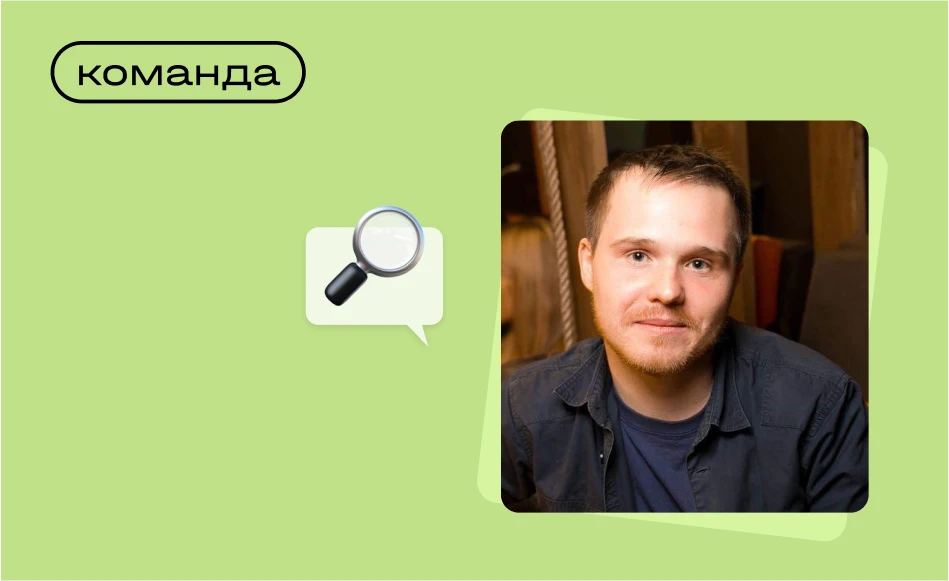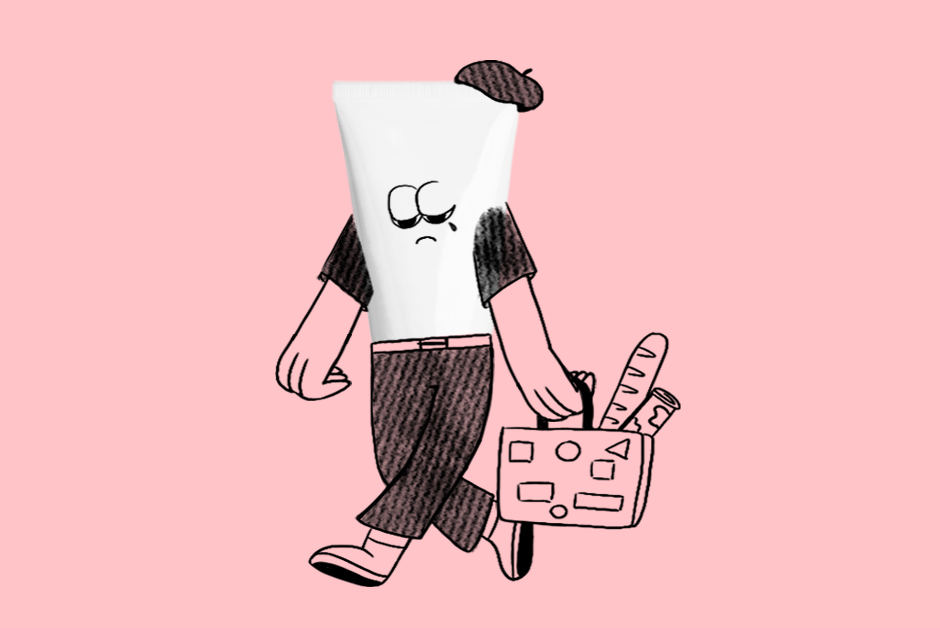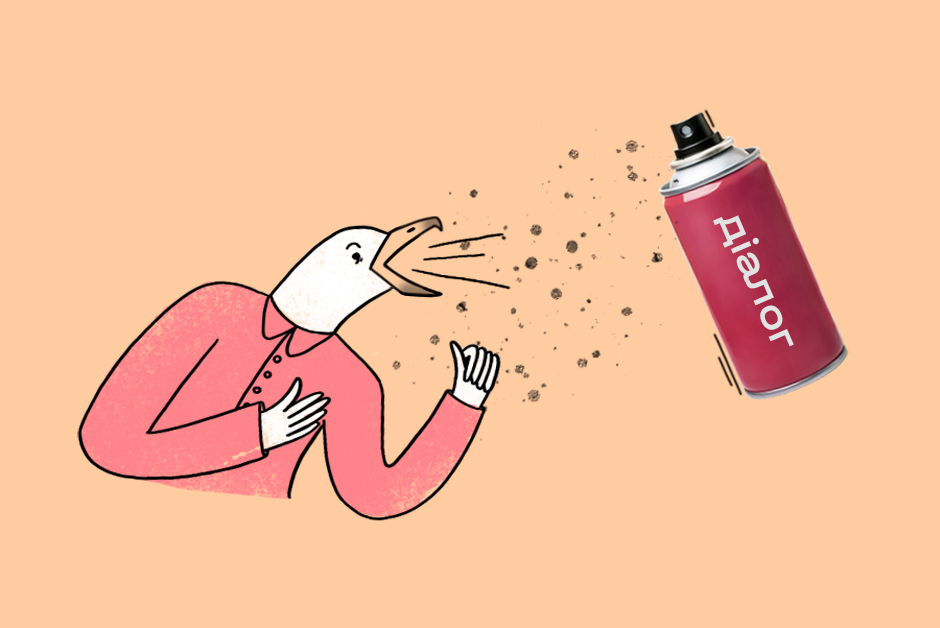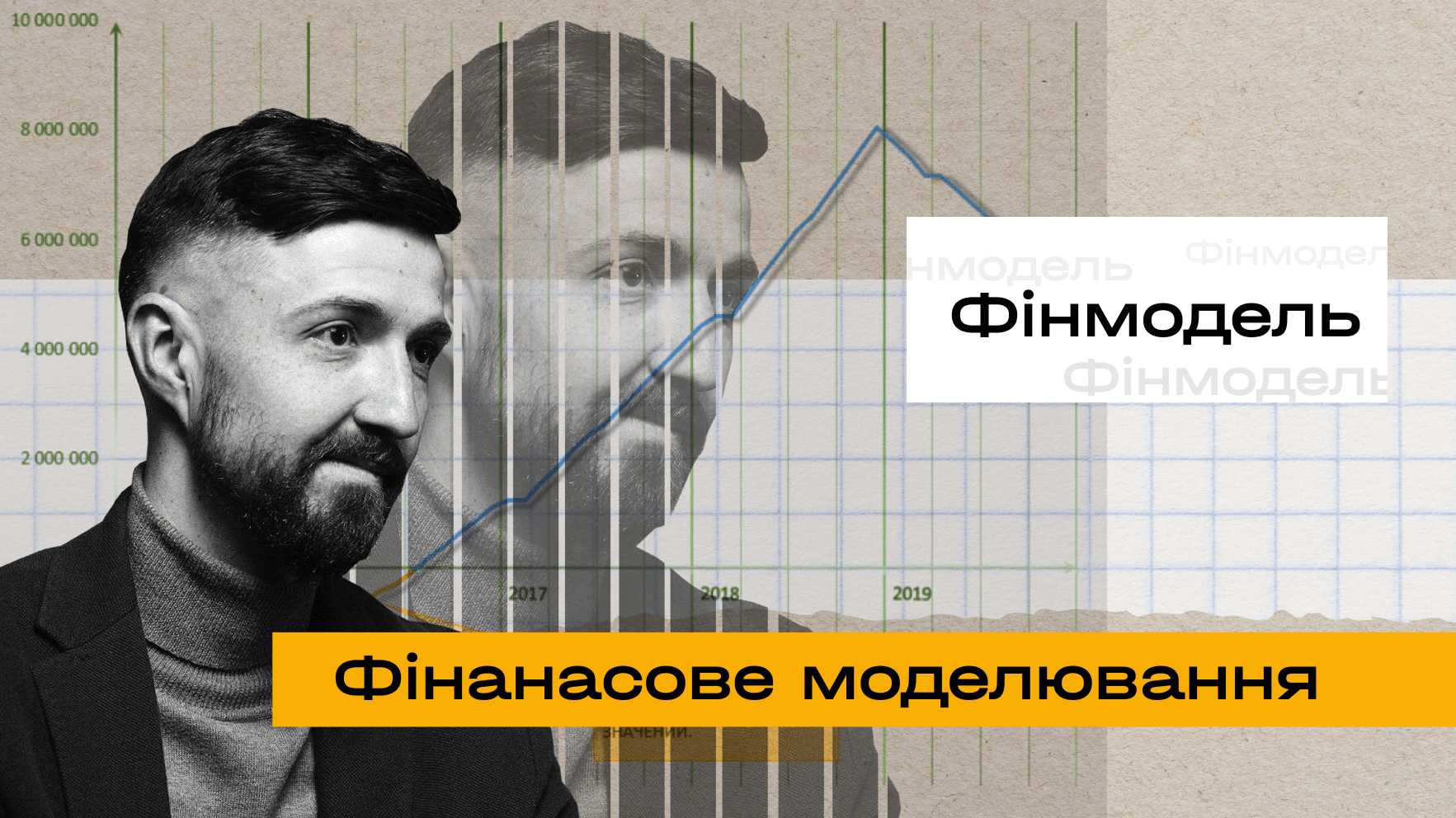Building and managing sports corporate partnerships is a tough job that takes patience, nimbleness and often requires having thick skin, argues Scott Gwartz, Executive Director of Corporate Partnerships for the LA Lakers, but it rewards you with unique access to the greatest show on earth. Gwartz has worked across multiple sports leagues, including the NBA, the MLB and the WTT, building relationships with some of the world’s most iconic brands. The list of his former employers speaks for itself: the LA Clippers, the Los Angeles Dodgers and Fox Collegiate Sports Properties.
The veteran sports marketing professional sat for a chat with Laba on the ins and outs of corporate relationships in US sports. He also shared his thoughts on the global appeal of the NBA and explained why the LA Lakers have only 30 marketing partners, while most teams have double or triple that number.
What got you interested in corporate partnerships in sports?
As a kid, I was passionate about all sports. I thought I'd be a professional athlete, just like many kids do.
However, my peers kept getting stronger, faster and bigger. It was clear that being a professional athlete wasn't my future. I knew I wanted to be around the sports industry, although I didn't know how.
When I graduated high school, Jerry Maguire was a popular movie, so I thought I could be a sports agent. I started looking around for opportunities to study sports. NYU had an undergraduate program for sports management, which was somewhat unique in the late ’90s. Without knowing much about the field, I took a chance and went down that path.
At NYU, all professors had full-time jobs in the industry. So I found my craft based on what I learned from my professors. One of them was in a sponsorship role, he showed me the ropes, and then I was off and running.
What part of your job do you enjoy the most?
The access we have to our property, our team, our organization. Also providing this access to our partners. The relationships we develop with our partners are peerless.
For some of these relationships with brands, it took multiple outreaches to get in touch with them. That’s the worst part of my business. It’s sales, we have a goal, a number to hit. Just like in any sales type of business, you get turned down a lot.
We put a lot of work into developing these relationships. Most of the time they don't work out, but the relationships we build once they are part of the family are amazing.
What are the key skills you need to have in this line of business?
You’ve got to have thick skin. You get turned down a lot. It's hard to get the client to move forward with the partnership. Sometimes it’s even harder to get the organization internally to approve the partnership, based on the lift that other departments need to take on to work with the deal. Sometimes it’s not the right fit.
You need to have the skills and knowledge to navigate that process, and you develop that with experience. An organization wants to do some community outreach as a component of a partnership deal I have been working on. We have a robust community outreach department that’s doing great work around our region, but they have their own objectives.
I have to align those with the client’s goals and come up with an initiative that makes sense. I can't force my colleagues to do just anything a potential partner has in mind. It has to fit our goals.
It's an intangible that you can’t teach, but you learn based on case studies and experience. You have to be able to communicate and develop good relationships with your clients, your prospects, your colleagues. You have to be compassionate and care about everybody's needs, any issues they have in their personal and business lives, and be a team player.
When you negotiate with a potential sponsor, what are your top priorities?
It's got to be the right fit for both sides. At the Lakers, we have a unique philosophy. We are very selective, so we only have roughly 30 marketing partners. Most teams will have double, if not triple, the amount of sponsors, and take any deal they can.
For us, it’s a ‘less-is-more’ philosophy and a quality-over-quantity strategy. We have a higher point of entry, so we're not for everybody.
You're looking for a partner that aligns with the goals of your organisation and has the same ethos and philosophy.
The other component is storytelling. What's the content? Brands are doing corporate partnerships to promote their brand, product or services to the team’s fanbase. So what content are they providing to engage the fans and provide value to fans?
I'd like to say that money is not the most important thing in these negotiations, but it's certainly important. But you want to work with people in organizations that you like and care about. I'd rather take a little less money and work with somebody who has the right values, instead of taking more money and working with a partner who's a headache.
And what pitfalls do you have to avoid?
You want to manage expectations with these partners. You don't want to sell them the world and then the partner be unhappy with the results.
So you have to understand what their expectations are. You ask questions and you listen, learn and probe. If a prospect is totally looking for return on investment on the partnership and they're going to spend a million dollars on a sponsorship and expect to get five back, you have to manage those expectations.
Sometimes it’s hard to quantify the results. There are ways to do it, you can get creative with some ideas to drive return. But from what I've seen in my 20-plus years in sports, if a client says they're going to spend X and expect to get Y back, eventually they will question what they got.
Not that they don't get it back, they just may not know. They don't know if they get business from a fan who goes to games or watches them on TV, sees their promotion in the arena and then six months later buys their product. That's hard to track. That's the trickiest part of what we do: managing expectations from start to finish.
An NBA team like the Lakers is more than a basketball team: it’s a brand, a pop culture icon, a local institution, and probably more. How do you combine all that when you build your partnership strategy?
There are endemic and non-endemic categories of sponsors and brands. By ‘endemic’ I mean traditional sports marketing. Brand categories that spend a lot on sports marketing include insurance companies, auto, casinos, sports betting firms, hospitals, fast food restaurants, tech firms. So that’s where you start.
At the Lakers, we typically provide exclusivity for the category you are in. Anheuser Busch is our official beer. Delta is our official airline. But we will chop it up if we think that's the right strategy. Depending on the year, we will do between 70-80% of our entire business in those endemic categories.
But you can go over the hump with deals that are a little hard to find in non-endemic categories: a non-traditional company that's in a market that is potentially endemic to your region.
One of our biggest partners is Bibigo, a South Korean brand in the CPG space (consumer packaged goods). They’re a terrific partner. They're on our jersey patch. So that's what you are always trying to do in this role: figure out who's spending and who's not and who’s the best fit for your brand. Whether it’s an endemic or non-endemic brand in the space.
How do you strike a balance between local, national and international sponsors?
It’s definitely a balance. We like to find brands that provide content and engage with our fans. Our fans are all over the world and the Lakers ecosystem is global. So unlike most teams, we have the responsibility to develop partnerships globally.
You always start in your local market, because they care deeply about your team and the local fan base and community. But the NBA is global and the players are from all over the map. We have a current player with Japanese roots, Rui Hachimura, so we have a ton of interest from Japanese brands this off-season. In general, we have a ton of fans in Asia, we're number one in that market. So we look for partners that speak to fans there.
The NBA has given each team international sponsor slots, which is new. Up until a couple of years ago, each team was limited to co-marketing and co-branding anything, including corporate partnership promotions, within a certain radius of their market. If you're a fan of the Knicks and you live in New York, you don’t want to see a Lakers promotion in New York.
But international opportunities were a grey area. The NBA was the first U.S. league to step up and provide each team with slots to develop international partnerships. We made that a priority, because our fanbase is strong globally. So we have a dedicated person focusing on international partnerships. That's unique, most teams don't have that. It's a big part of our overall strategy.
Doesn't this global appeal, along with the advent of social media, make crisis management more difficult? As shown by the crisis with China, a single tweet can cause a lot of trouble!
With social media, these circumstances can spiral quickly. First, you’ve got to be aware of it. Second, you have to be aware that sometimes there's nothing you can do. I lost a seven-figure partnership a few years back when the Houston Rockets GM sent a tweet about Taiwan, which led to China pulling the NBA broadcasts from the country. That was tough. One person in Houston created such a firestorm and there was nothing you could do about it.
The best you can do is to be proactive, have open communication, have good relationships with your partners and stakeholders involved, and be ready to talk through issues as they come.
Сustomer loyalty is the holy grail of marketing. How does that work in the sports industry?
The biggest difference is the passion that our fans have for us. And that passion is a rollercoaster they ride throughout the season, based on wins and losses. So we have to be strategic with our partnership communication.
Let's say we're coming off a tough loss. That's probably not the right time to push promotions on social media, because most comments will be negative. Alternatively, when coming off a big win, the sky is blue.
So you have to manage that process. However, because our fanbase is so passionate, we will always have their support. It’s so nice to have here, we have the best fans in the sport.
What corporate partnerships are you proud of?
The best partnerships provide value to fans, potentially involving assets that were developed from scratch, that most importantly provide a better experience on game days. Stuff like free game tickets and money-can’t-buy experiences, or complimentary parking and even free car washes for fans who drive a certain car (official auto sponsor of course). The response for promotions like these are amazing. In one property I used to work at, we did free chariot rides for fans to get around outside the venue. A chariot would pick you up, branded in the sponsor’s logo.
Whenever you can come up with a new idea that’s not a traditional asset but provides value, it’s great. The fans are happy, the partner is happy and your leadership is happy too.
Any failures in negotiations throughout your career and any lessons you learned from them?
Just because you spend a lot of time on a deal, it doesn't mean it will happen. You might be negotiating for over a year and then all of a sudden they pull the plug. Those experiences are the ones that can be disappointing, because of how invested you were in the negotiation.
Sometimes you take a chance on a company that isn't an established, Fortune 500 company. It could be an up-and-coming, well-funded start-up, but because of bad management or whatnot, they run out of cash. You're in the middle of a partnership, and they call you and say “we can't pay our bill”. That's obviously bad. I'm dealing with a situation like that right now, and it's not fun.
What advice would you give to someone who's just starting out in this industry?
Corporate partnerships is not a plug-and-play type of business. You can have great experiences in other fields, but there is a steep learning curve to transition to sports partnerships, particularly on the sales side. I have seen good sales people who have dominated their industry in tech, or insurance or something switch over to what I do and fail, because the process is different.
There’s a lot of competition and only so much money that marketers have to spend. In our region, L.A., we have two teams in each league, so the competition is robust. You need to have experience, relationships and processes down to a T. It’s not something easily transferable from other fields.


Бажаєте отримувати дайджест статей?












